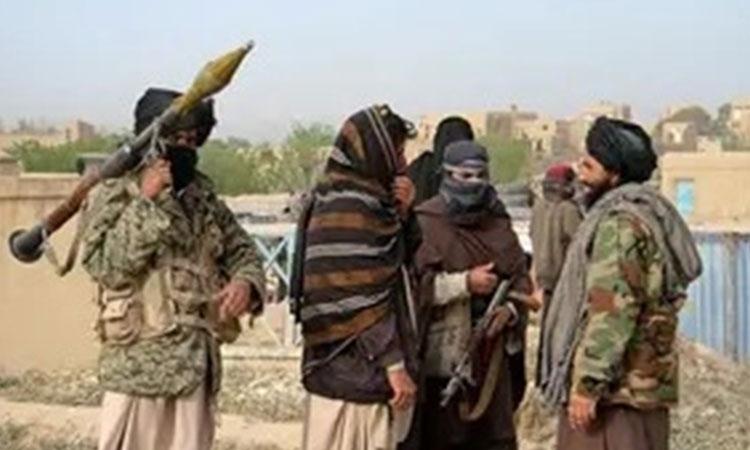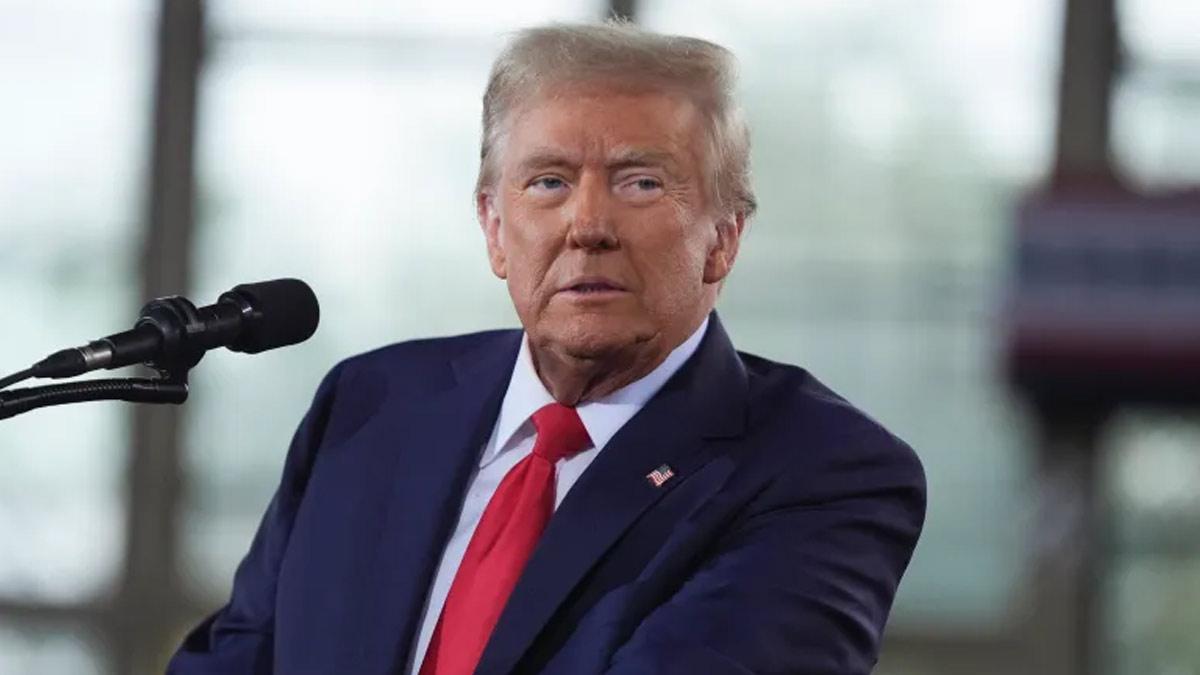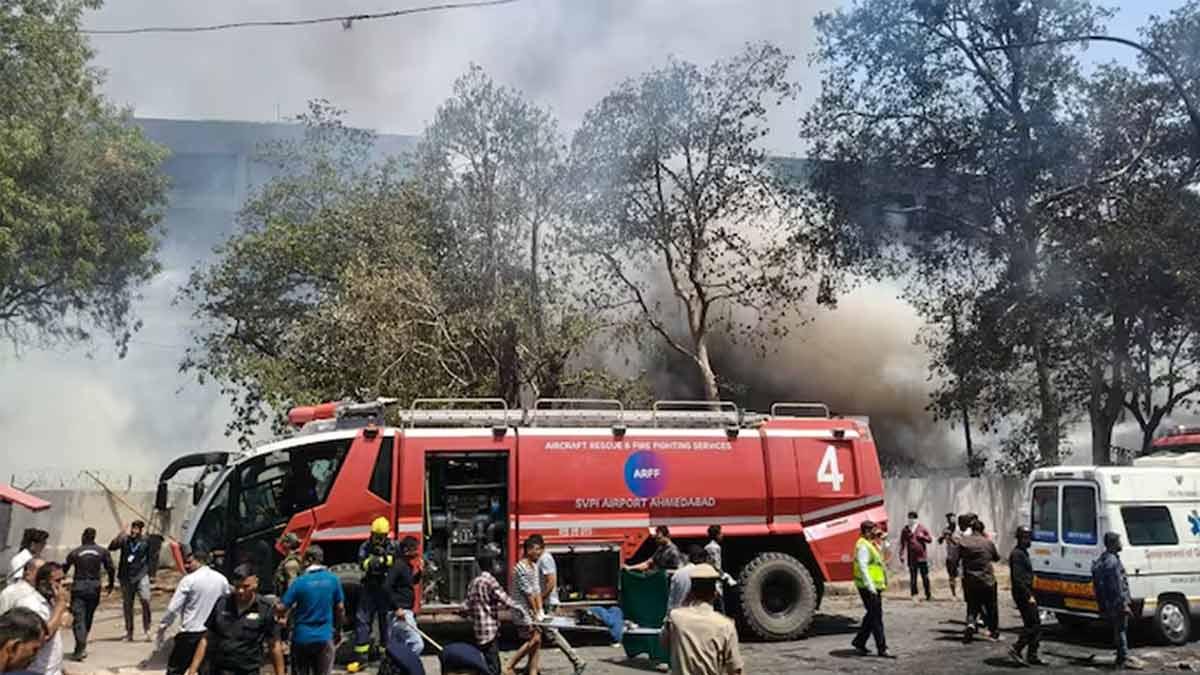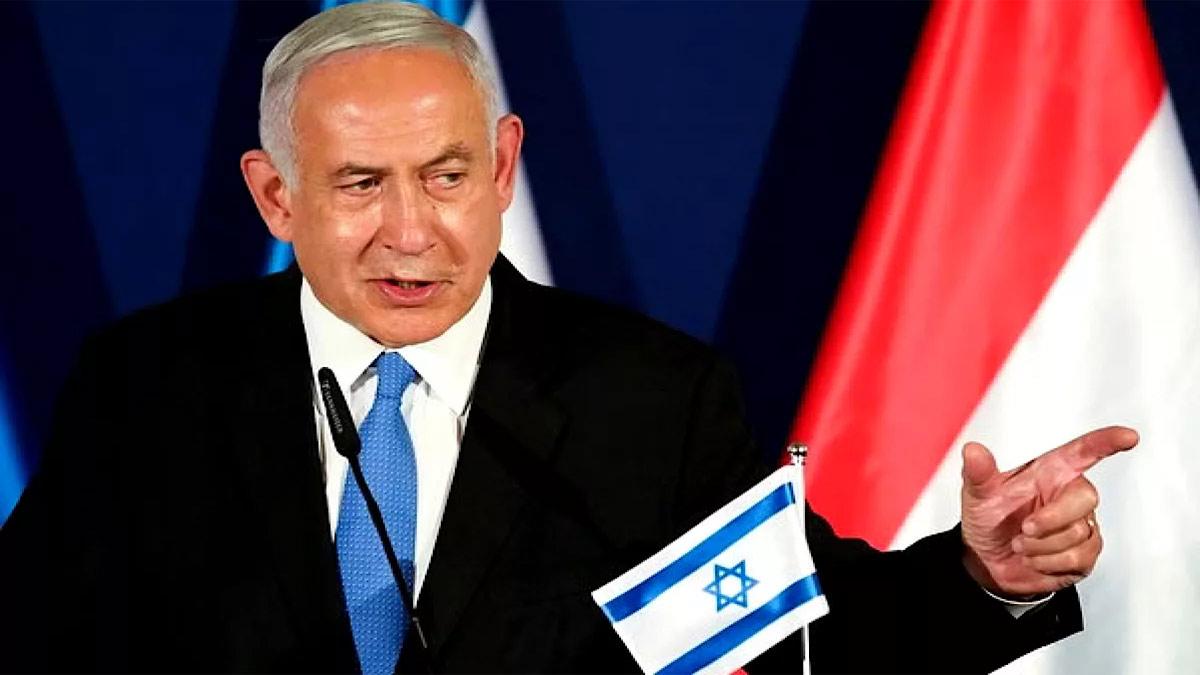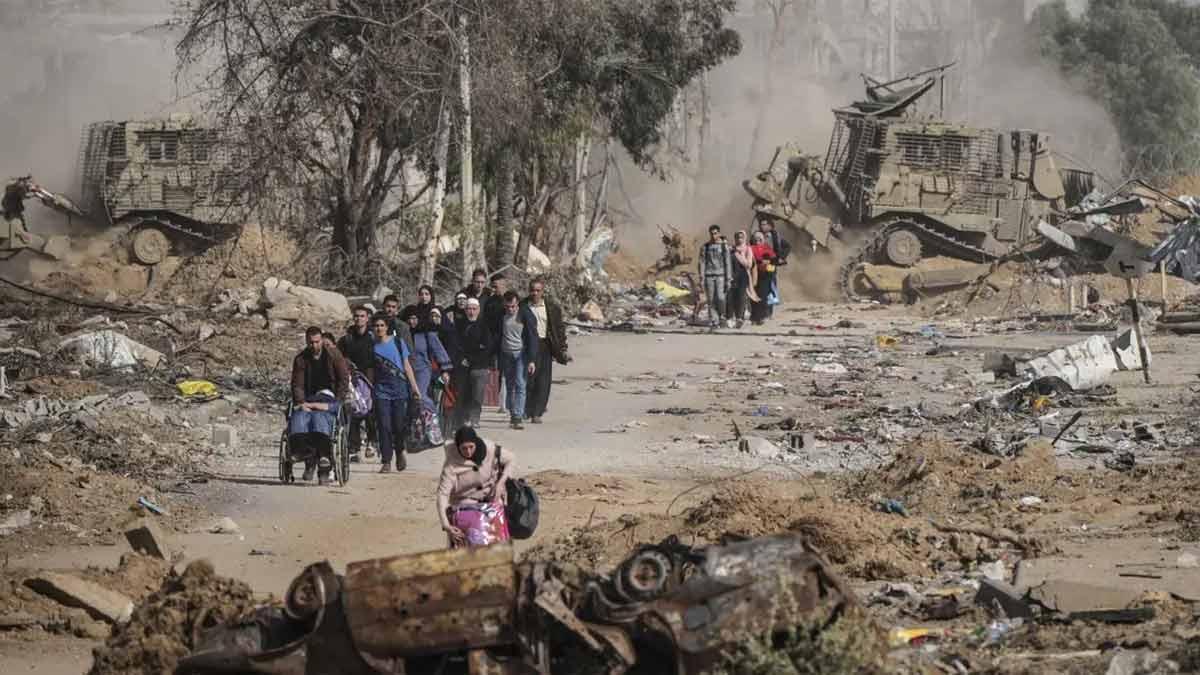The Afghan Taliban was discovered to have been actively participating in attacks targeting Pakistan's security establishment and law-enforcement, according to a media report.
"Our details show that in every 'tashkil' (movement), if ten TTP members were dispatched, five or four would be Afghan citizens, a senior Pakistan counter-terrorism officer said, The Express Tribune reported.
The officer revealed that 51 Afghan militants were killed in targeted intelligence-based operations carried out by the military, police and the Counter-Terrorism Department over the last three months. "Even in the attack on the police station in Karachi, two of the terrorists involved were Afghan citizens," he disclosed.
"We have informed and warned the Kabul Regime about the recent surge in the militancy across Pakistan and the participation of Afghan Taliban in these activities. We have demanded that they play their role in ensuring peace and stability in our country," the source shared further, adding that there were reports of more movement by Afghan Taliban in this year's spring season, The Express Tribune reported.
Speaking on condition of anonymity, a senior journalist from North Waziristan confirmed that if an attack took place in North or South Waziristan, four out of ten terrorists responsible would be traced back to Afghanistan. "Three of the last ten suicide attacks in North Waziristan were traced back to Afghanistan," the journalist said. "It shows that the bonds (between TTP and Afghan Taliban) are still at place and TTP is enjoying backing from Kabul," The Express Tribune reported.
Also read | China tries to counter India by propping up unstable Pakistan and Taliban regime
According to sources, the merger of Taliban groups has strengthened TTP hands across Pakistan. The TTP military commission, they said, has people with diplomatic experience who have attracted scores of militant, separatist and sectarian groups in Balochistan and Sindh, The Express Tribune reported.
In recent days, the Balochistan Liberation Army has softly inked an agreement with TTP, sources said, adding that it is only verbal at this stage as their ideology and areas of concern are different. A group of TTP from the Bannu Domail area and Abu Zar Fidae from the Peshawar adjacent Bara Tehsil of Khyber tribal district have also announced their alliance.
Sources said that Pakistan had lost a window for reconciliation with the Taliban following the killing of high-ranking Inter-Services Intelligence officer Brigadier Mustafa Kamal Barki on March 21.
Talking about Brig Barki's importance, sources privy to details said the ISI officer was Pakistan's window to the TTP and played a key role in bringing TTP leaders to the negotiation table in previous rounds of talks. According to them, he was the one who signed all previous agreements, particularly the Kabul agreement between the TTP and Islamabad, The Express Tribune reported.
According to one source, Brig Barki met the TTP leadership alone around eight times and was a man who enjoyed the trust of the group's chief Mufti Noor Wali Mehsud. "Such was the extent of the trust between the two that Mufti Noor Wali joked that he trusted him more than his own brother," the source said, The Express Tribune reported.
The source added that Brig Barki always travelled to Afghanistan on his own risk and had forced Mufti Noor Wali and other TTP Shura members to come to negotiations with assurances.
With Brig Barki's cold-blooded murder and military operations being planned, sources said that any possibility of talks with the TTP was over for the time being, The Express Tribune reported.
Also read | TTP wants to topple Pakistan government out of KP, impose Sharia: US report
With the Taliban back in power in Afghanistan, the TTP has regained its footprint in Pakistan's erstwhile tribal regions.
According to former Afghan security analyst Fawad Lamay, TTP has for years hosted various Jihadi groups like the Haqqani Network, East Turkestan Islamic Movement (ETIM), Uzbeks, Turkmen and Chechens. "With the Taliban back in power in Afghanistan, the TTP leadership now freely moves from one side to another, from border areas to main lands. It conducts meetings and more specifically has received intelligence from the Emirate-e-Islami (Afghan Taliban)," he said, The Express Tribune reported.
Lamay called TTP and the Afghan Taliban two sides of the same coin, adding that "it would be a lie to believe that the Emirate-e-Islami have broken off ties with other Jihadi groups".

